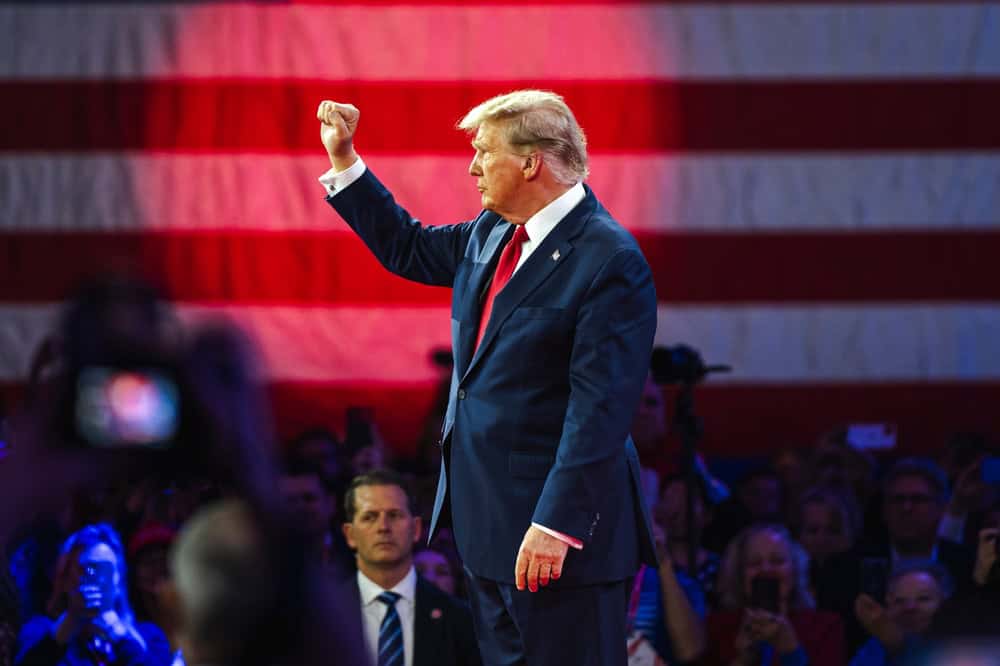
"Washington argues that the law imposes additional costs on American technology companies and restricts freedom of expression. The European Commission calls this criticism completely unfounded. The Commission points out that freedom of expression is central to the DSA. According to Brussels, the law is intended to tackle illegal content such as hate speech, fake news, and child abuse material more effectively. And this without restricting access to information."
"The law imposes strict obligations on the largest online platforms and search engines. Companies such as Meta, Google, and Amazon must take demonstrable measures to identify and remove illegal content. In addition, they must publish reports on moderation decisions and carry out periodic risk analyses examining the impact of their services on society. This requires radical changes in the companies' IT processes, with greater use of automated monitoring, artificial intelligence, and transparent data flows to regulators."
"President Donald Trump's administration is considering sanctions against European officials involved in the implementation of the Digital Services Act (DSA). According to insiders who spoke to Reuters, this could involve visa restrictions for officials from the European Union and its member states. Washington argues that the law imposes additional costs on American technology companies and restricts freedom of expression. The European Commission calls this criticism completely unfounded. The Commission points out that freedom of expression is central to the DSA."
U.S. officials are weighing sanctions, including visa restrictions, against European officials involved in implementing the Digital Services Act, citing added costs for American tech firms and alleged restrictions on freedom of expression. The European Commission rejects those claims and says freedom of expression is central to the DSA, which targets illegal content such as hate speech, disinformation, and child sexual abuse material while preserving access to information. The DSA imposes strict obligations on the largest platforms, requiring removal measures, transparency reports, and periodic risk analyses that demand IT changes, automated monitoring, and AI use. Tech companies warn of high compliance costs and potential innovation impacts. Reports suggest the Commission may have paused enforcement against Platform X last summer.
Read at Techzine Global
Unable to calculate read time
Collection
[
|
...
]